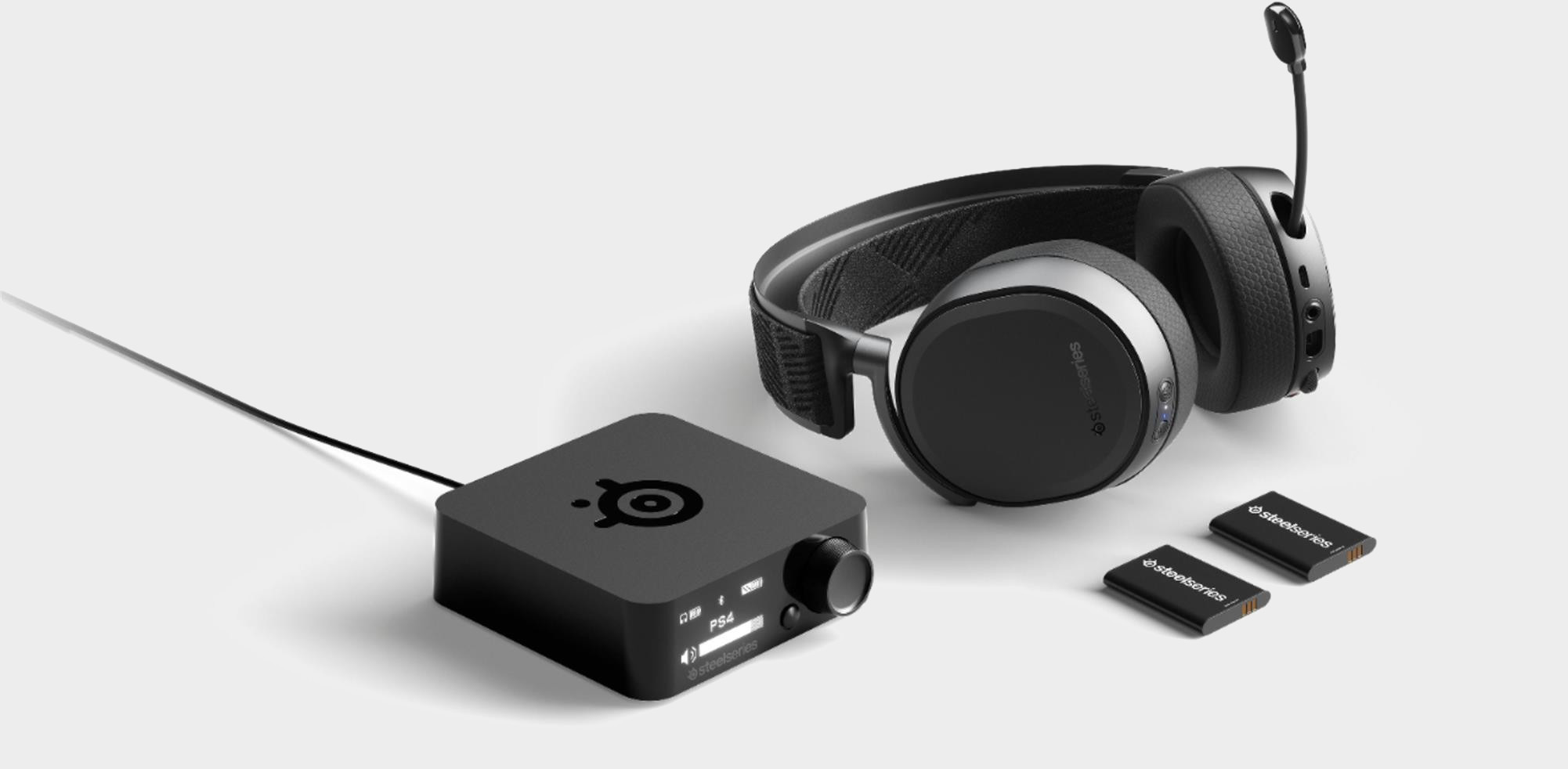Intel defends its 'magic instructions' against Linux founder's criticism
Raja Koduri says "we understand Linus' concerns."

Computing's Mr. Grumpy, Linus Torvalds, wished "a painful death" on Intel's AVX-512 instruction set, and Intel's Mr. Charisma, Raja Koduri, has now offered a defence of it in the face of questions from PCWorld's Mr. Lovely, Gordon Mah Ung. It's okay, I'm going to stop that now, lest the estate of Roger Hargreaves comes after me.
Back in July Torvalds was hanging out in a forum thread speculating on the potential absence of AVX-512 in the upcoming Intel Alder Lake platform, when he chose to call out the feature and called on Intel to start "fixing real problems instead of trying to create magic instructions to then create benchmarks that they can look good on."
At the Intel Architecture Day this month PCWorld quizzed Koduri on Torvalds' comments, to which he responded saying: "AVX-512 is a great feature. Our HPC community, AI community, love it. Our customers on the data center side really, really, really love it."
"We understand Linus’ concerns," continues Koduri, "we understand some of the issues with first generation AVX-512 that had impact on the frequencies etc, etc. and we are making it much much better with every generation."
One of the main issues Torvalds' has with the instruction set is that when anything needs to access it the processor then has to drop its clock speed to compensate. Basically there is a performance hit, but it's not really something we have to worry about given that it's only there on Intel's Xeon chips, Ice Lake laptops, and HPC X-Series processors.

Best wireless gaming mouse: ideal cable-free rodents
Best wireless gaming keyboard: no wires, no worries
Best wireless gaming headset: top untethered audio
AVX-512 is a floating point accelerator, but it's not used in games mostly because any floating point calculations are generally given to the GPU to deal with. It's mainly used in scientific simulations, financial analytics, AI and deep learning stuff, so us PC gamers can essentially just sit back and enjoy this computing version of Celebrity Deathmatch.
To be fair, Torvalds has admitted that a lot of his hatred of floating point benchmarks (the tools being used to highlight the performance of AVX-512) is irrational and that his comments are exaggerated "to the point of half kidding. But only half. I'm taking a fairly extreme standpoint, and I know my hatred isn't really rational, but just a personal quirk and just pure unadulterated opinionated ranting."
The biggest gaming news, reviews and hardware deals
Keep up to date with the most important stories and the best deals, as picked by the PC Gamer team.

Dave has been gaming since the days of Zaxxon and Lady Bug on the Colecovision, and code books for the Commodore Vic 20 (Death Race 2000!). He built his first gaming PC at the tender age of 16, and finally finished bug-fixing the Cyrix-based system around a year later. When he dropped it out of the window. He first started writing for Official PlayStation Magazine and Xbox World many decades ago, then moved onto PC Format full-time, then PC Gamer, TechRadar, and T3 among others. Now he's back, writing about the nightmarish graphics card market, CPUs with more cores than sense, gaming laptops hotter than the sun, and SSDs more capacious than a Cybertruck.

